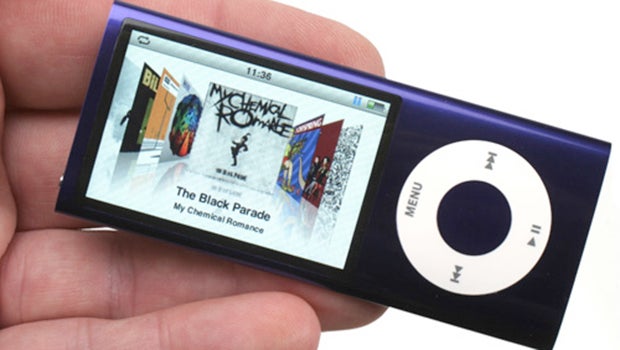DRM was essential for iPod’s success claims Apple’s Eddy Cue

Apple has asserted the use of its bespoke FairPlay digital rights management software (DRM) was necessary to keep record labels on board during the early days of the iPod.
In the anti-trust trial to determine whether Apple unfairly inhibited competition with the iTunes and iPod tandem, company executive Eddy Cue explained why it was necessary to keep a tight leash on things.
“If a hack happened, we had to remedy that hack within a certain time period or they [the labels] would remove all their music from the store,” CNET reports Cue told the court.
“We believed in interoperability, which was DRM-free. They [the record labels] wanted to have their cake and eat it too. They wanted to have all the interoperabilities with DRM-free with all the protections of a DRM.”
He also took a shot at rivals like Microsoft who attempted a more open approach, but were unable to replicate the success and security of the iTunes and iPod combo.
“All these other guys that tried the approach of trying to be open failed because it broke. There’s no way for us to have done that and have the success that we had.”
He also claimed Apple considered licensing out the FairPlay DRM technology (which is still used to protect App Store and iBooks purchases) in order to help the digital music market grow, but claimed the company couldn’t find a way to do it without compromising security.
“We thought about licensing the DRM from beginning, it was one of the things we thought was the right move that because we can expand the market and grow faster, but we couldn’t find a way to do that and have it work reliably.”
The DRM issue is just one element of the ongoing trial into whether Apple snuffled out competition and kept prices artificially high by using the exclusive relationship between iTunes and the iPod in the early days.
Earlier on Thursday we reported Apple’s admission it had purposely deleted songs from users’ iPods that had been purchased on rival stores.
In the class action lawsuit plaintiffs, who say Apple made it harder for them to take music they’d purchased elsewhere, are claiming damages of $350m. The trial is expected to last another week.
Read more: iPod touch 6th generation: Features we want to see


